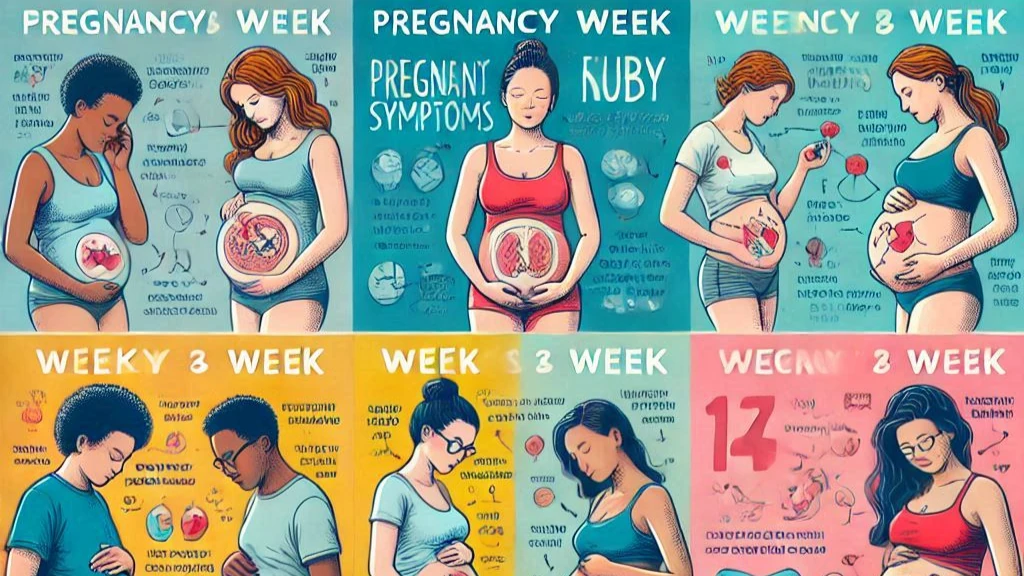When discussing reproductive health and related topics, especially in the context of
contraception and emergency contraception, it’s essential to consider a broad range of connected health areas. Here’s a breakdown of relevant topics:
1. Contraception and Family Planning:
- Different Contraceptive Methods:
- Hormonal contraceptives (pills, patches, injections, implants, IUDs).
- Barrier methods (condoms, diaphragms, cervical caps).
- Fertility awareness methods (FAM).
- Sterilization (tubal ligation, vasectomy).
- Contraceptive Effectiveness: Understanding the failure rates of different methods.
- Access to Contraception: Issues related to affordability, availability, and accessibility.
- Informed Choice: Providing comprehensive information to enable individuals to make informed decisions about their reproductive health.
- Preconception Counseling: Preparing for pregnancy, including health assessments and lifestyle advice.
2. Sexual Health:
- Sexually Transmitted Infections (STIs):
- Prevention, testing, and treatment of STIs.
- The importance of safe sexual practices.
- Sexual Function: Addressing issues related to sexual desire, arousal, and satisfaction.
- Sexual Consent: Emphasizing the importance of clear and enthusiastic consent.
- Healthy Relationships: Promoting healthy communication and respect in sexual relationships.
- Sexual Education: Providing accurate and comprehensive information about sexuality.
3. Menstrual Health:
- Menstrual Cycle: Understanding the phases of the menstrual cycle and hormonal fluctuations.
- Menstrual Disorders: Addressing conditions like dysmenorrhea (painful periods), menorrhagia (heavy bleeding), and endometriosis.
- Premenstrual Syndrome (PMS) and Premenstrual Dysphoric Disorder (PMDD): Managing emotional and physical symptoms.
- Menopause: Understanding the transition to menopause and related health changes.
- Polycystic Ovary Syndrome (PCOS): managing the symptoms of PCOS.
4. Pregnancy and Childbirth:
- Prenatal Care: Providing comprehensive care during pregnancy to ensure maternal and fetal health.
- Pregnancy Complications: Addressing conditions like gestational diabetes, preeclampsia, and ectopic pregnancy.
- Childbirth Options: Understanding different birthing methods and settings.
- Postpartum Care: Providing support and care after childbirth, including emotional and physical health.
5. Mental Health:
- Postpartum Depression and Anxiety: Addressing mental health challenges after childbirth.
- Mental Health and Contraception: Recognizing the impact of hormonal contraceptives on mental health.
- Sexual Trauma and Mental Health: Providing support for individuals who have experienced sexual trauma.
- Body Image and Self-Esteem: Promoting positive body image and self-esteem.
6. General Health and Wellness:
- Nutrition: Emphasizing the importance of a balanced diet for reproductive health.
- Exercise: Promoting regular physical activity for overall health and well-being.
- Substance Use: Addressing the impact of alcohol, tobacco, and drug use on reproductive health.
- Chronic Diseases: Managing chronic conditions like diabetes and hypertension, which can affect reproductive health.
7. Ethical and Social Considerations:
- Reproductive Rights: Discussing issues related to access to contraception and abortion.
- Cultural and Religious Beliefs: Recognizing the influence of cultural and religious beliefs on reproductive health decisions.
- Health Disparities: Addressing disparities in access to reproductive healthcare.
- Sex Education in Schools: The importance of providing comprehensive sex education to young people.
By considering these related health topics, individuals and healthcare providers can take a more holistic approach to reproductive health, promoting overall well-being and informed decision-making.


